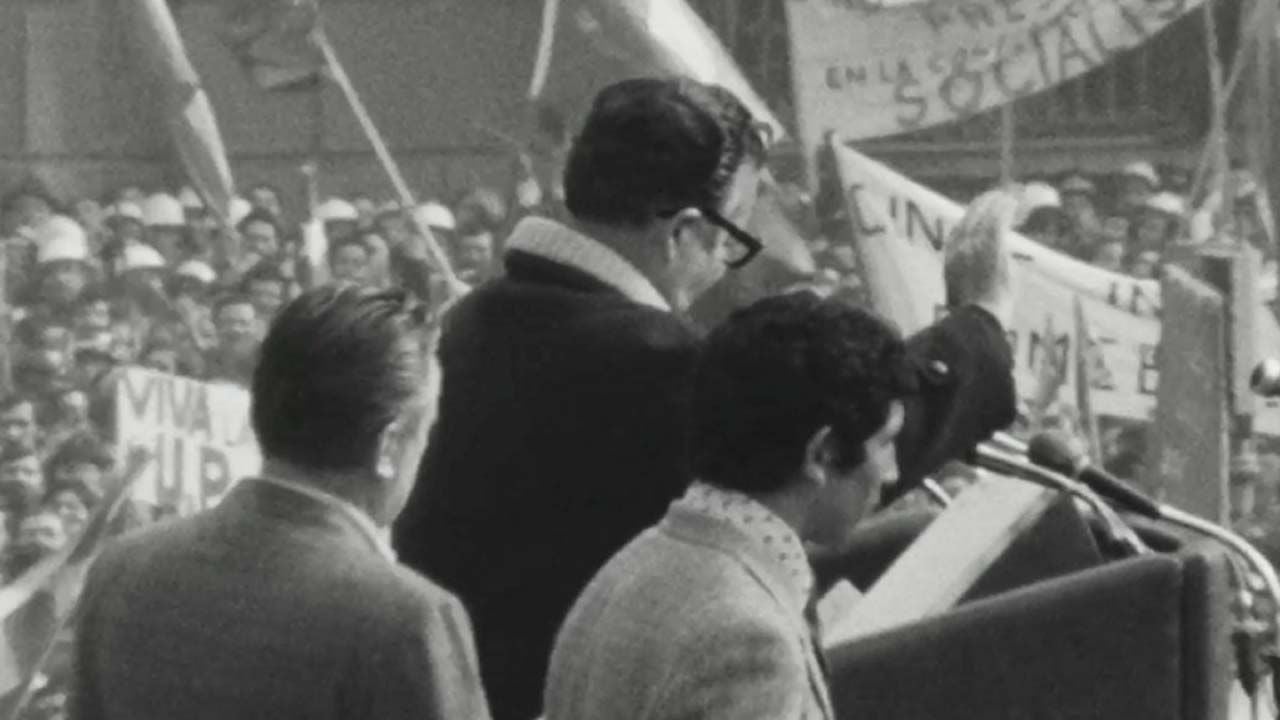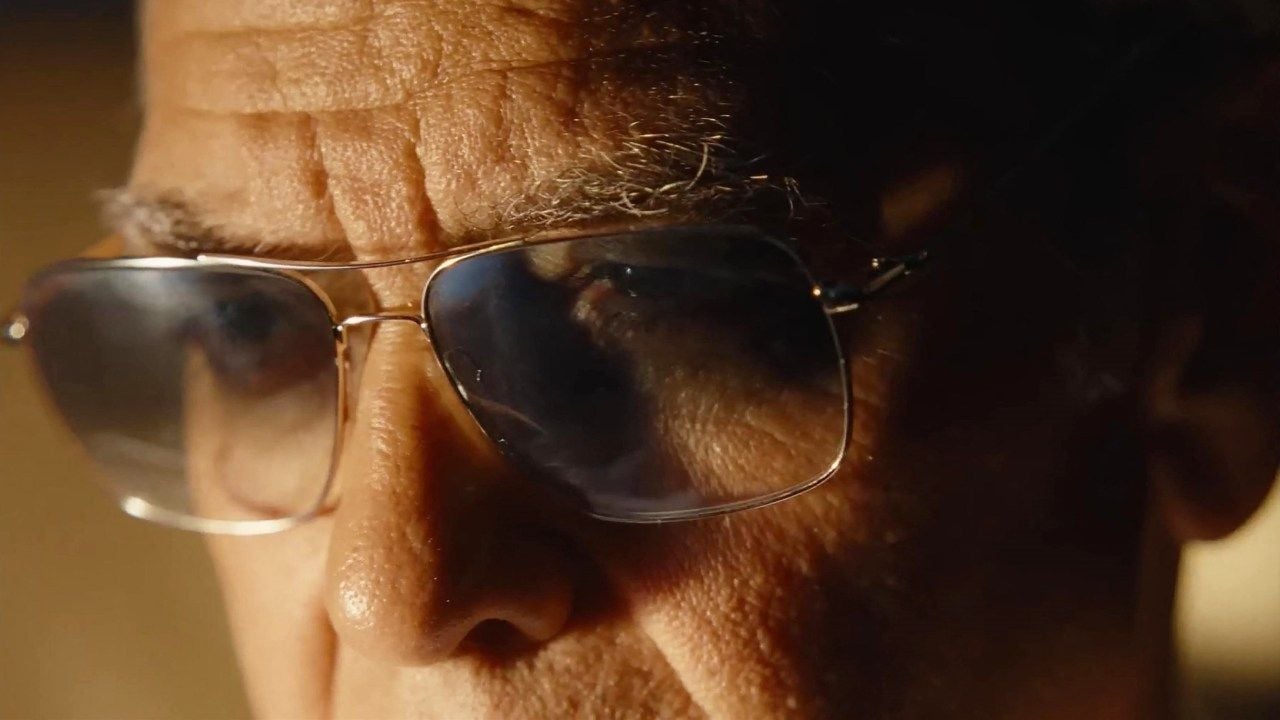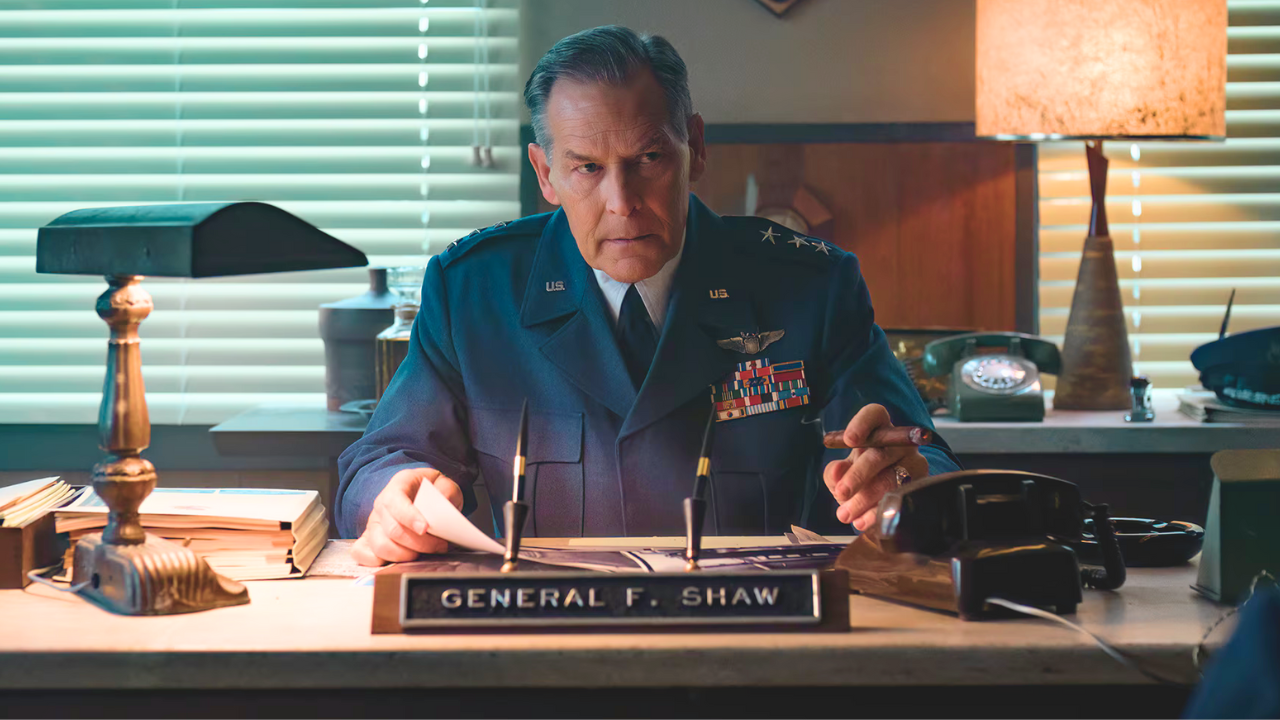Considered the pinnacle of political documentary, The Struggle of Chile remains a must-see for the faithful cinema nearly five decades after its release. Directed by Patricio Guzmán between 1973 and 1979, this five-hour film ranks among the ten greatest political films in cinema history.
Documentary film is distinguished by its ability to provoke strong emotions, which is very different from fiction. It explores deeply human and intimate issues, questioning our relationship with the world, others and society. Guzmán is able to capture the soul of the country at the moment when its fortunes change.
September 11, 1973 was a tragic turning point for Chile: Salvador Allende, the democratically elected president, died while resisting putschist soldiers who besieged the La Moneda presidential palace. Among the mutinous officers, Augusto Pinochet, who had recently been implicated in the mutiny case, took control and established a brutal dictatorship that lasted for fifteen years, resulting in thousands of deaths and disappearances. The scars of this period are still felt in Chilean families.
divided into three parts – Revolt of the bourgeoisie, A coup d’état and people power – The documentary chronicles Allende’s revolutionary experience, the rise of social tensions and the chaos that followed the putsch.
The production of the film was extremely dangerous. Patricio Guzman He himself says:A few days after the coup, I was arrested at home and threatened with death. After that, they took me to prison for 15 days at the national stadium. When I regained my freedom, I left Chile with all my equipment, traveled to Europe and Cuba, where I did post-production. Jorge Muller Silva, the film’s cinematographer, was arrested by Pinochet’s military police in November 1974. He was one of the thousands of missing Chileans…Cinematographer Jorge Muller Silva was actually arrested in 1974 and remains among those never found.
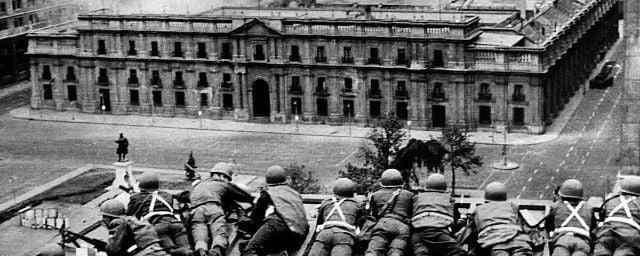
More than a journalistic film, cinematic evidence
This film is not limited to a simple journalistic piece or compilation of archives, as Guzman explains.
“At the age of 30, I was a privileged witness of the Chilean revolution. Before my eyes as a young filmmaker, a revolution is breaking out, supported by millions of people who dream of social justice. The Battle of Chile is not a journalistic film. This is not an archive film either. It is cinematic evidence, day by day, of the agony of revolutionary experience affecting the entire world as it presents itself as a peaceful experience of the transition to socialism.“
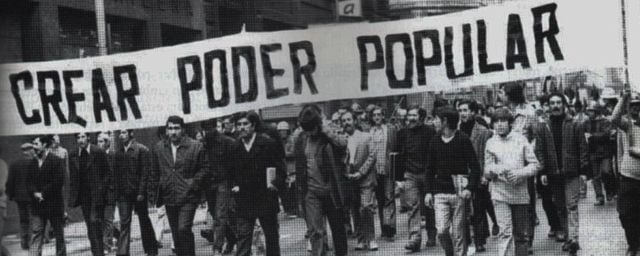
Released on DVD in 2004 by Les Éditions Montparnasse, the documentary is now out of print and has never been reissued. fortunately It remains available on Arte.tv until August 2026offers a rare opportunity to discover or rediscover a monument to activist cinema.
Despite its historical and artistic importance, it is still little known to the general public, as evidenced by the low number of viewer reviews on its file. A must-see experience for any film lover who wants to understand the history and courage of the people who lived in this era. go for it
Source: Allocine
Rose James is a Gossipify movie and series reviewer known for her in-depth analysis and unique perspective on the latest releases. With a background in film studies, she provides engaging and informative reviews, and keeps readers up to date with industry trends and emerging talents.

